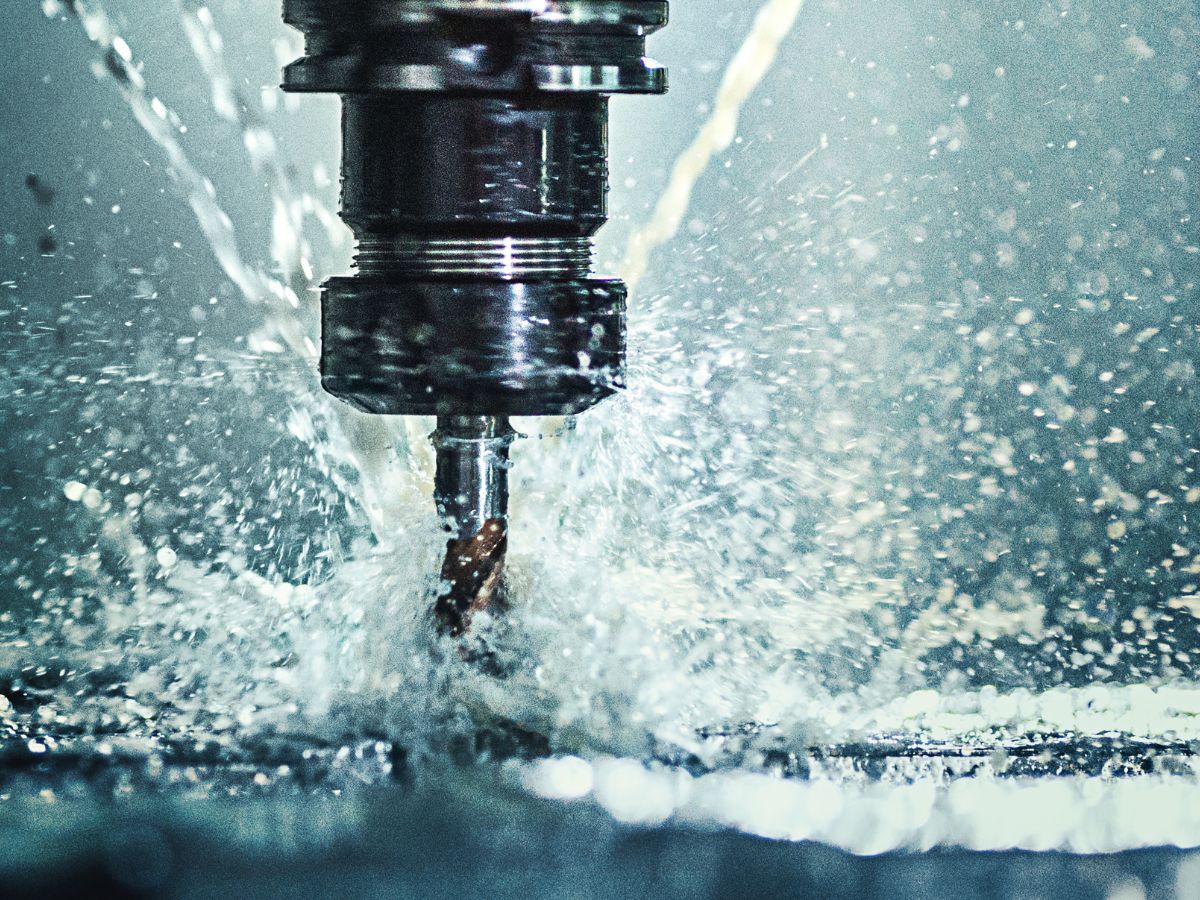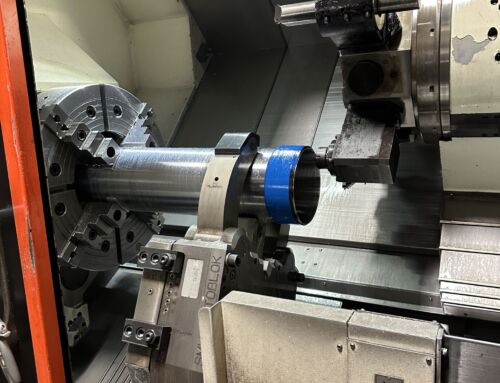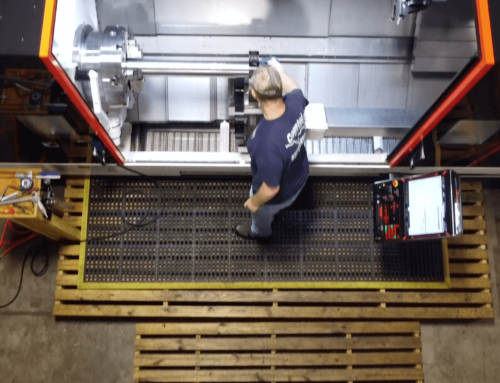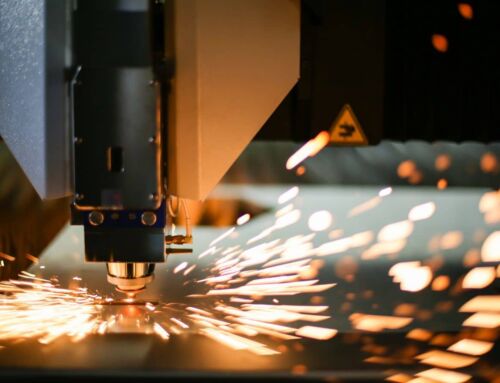The selection of materials is one of the most critical decisions that influence the outcome of any project. This decision requires careful consideration of various factors, including the intended application, mechanical properties, and manufacturing processes. The choice of material can affect the efficiency, cost, durability, and performance of the final product.
Understanding Precision Machining Materials
Precision machining involves the use of advanced tools and techniques to create parts with high accuracy and tight tolerances. These parts are often used in industries where precision is paramount, such as aerospace, automotive, medical, and electronics. The success of precision machining largely depends on the properties of the material being machined. Different materials respond differently to cutting forces, heat, and other factors involved in the machining process. Therefore, understanding the properties of precision machining materials is crucial.
Factors to Consider When Choosing Materials for Machining
When selecting materials for precision machining, several factors must be taken into account. These factors include mechanical properties, machinability, cost, and availability. Let’s delve into each of these considerations in more detail.
- Mechanical Properties
The mechanical properties of a material, such as hardness, tensile strength, and elasticity, play a significant role in determining its suitability for precision machining. Harder materials, such as titanium or stainless steel, offer excellent wear resistance but may require more specialized tools and techniques. On the other hand, softer materials like aluminum are easier to machine but may not provide the necessary strength or durability for certain applications. Understanding the mechanical properties of different precision machining materials allows manufacturers to choose a material that meets the specific requirements of the project.
- Machinability
Machinability refers to how easily a material can be cut, shaped, or finished during the machining process. Materials with good machinability produce less wear on tools, require less energy to machine, and result in smoother finishes. Common materials with high machinability include aluminum, brass, and mild steel. However, materials like titanium or Inconel, which have lower machinability, can be more challenging to work with and may require specialized equipment or techniques. When choosing materials for machining, it’s essential to consider the machinability of the material to ensure efficient production and high-quality results.
- Cost and Availability
The cost and availability of materials are also critical factors in material selection. High-performance materials like titanium or nickel alloys offer exceptional properties but come at a higher cost. For some projects, the benefits of using these materials may justify the additional expense, while for others, a more cost-effective material like aluminum or steel may be preferable. Additionally, the availability of materials can impact lead times and production schedules. Choosing materials for machining involves balancing the material’s cost and availability with the project’s budget and timeline.
- Thermal and Chemical Stability
In many precision machining applications, the material must withstand high temperatures, corrosive environments, or other harsh conditions. For example, in aerospace or automotive applications, components are often exposed to extreme temperatures and must maintain their mechanical properties. Similarly, in the medical field, materials used in implants or surgical instruments must resist corrosion and degradation. When selecting materials for precision machining, it is essential to consider the thermal and chemical stability of the material to ensure the final product performs reliably in its intended environment.
The Impact of Material Selection on Machining Processes
The choice of material directly affects the machining process, including tool selection, cutting speeds, and finishing techniques. Harder materials may require carbide or diamond tools, slower cutting speeds, and more coolant to dissipate heat. In contrast, softer materials can be machined at higher speeds with standard tools. Additionally, some materials may require post-machining treatments like heat treatment or surface finishing to achieve the desired properties. By carefully selecting the right material, manufacturers can optimize the machining process, reduce costs, and improve the quality of the final product.
At Coastal Machine & Supply, we understand the importance of choosing the right materials for precision machining. Our team of experts is here to help you select the best material for your project, ensuring optimal performance and quality. Whether you’re working on a complex aerospace component or a high-precision oilfield device, we have the expertise and resources to deliver superior results.
By focusing on the critical factors that influence material selection, you can ensure that your precision machining projects meet the highest standards of quality and performance.












